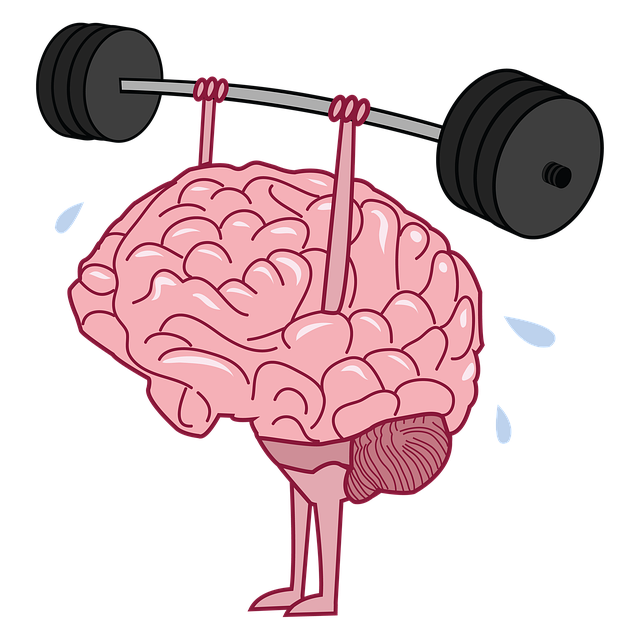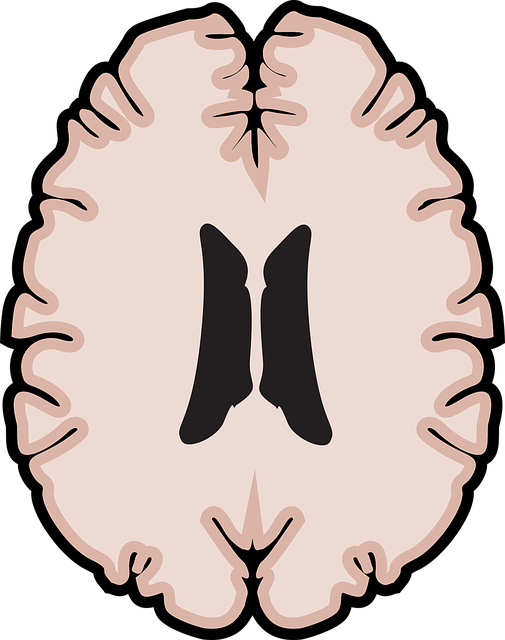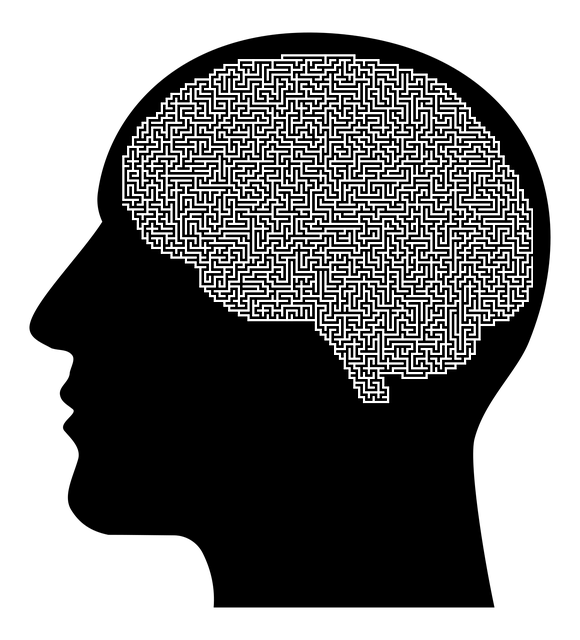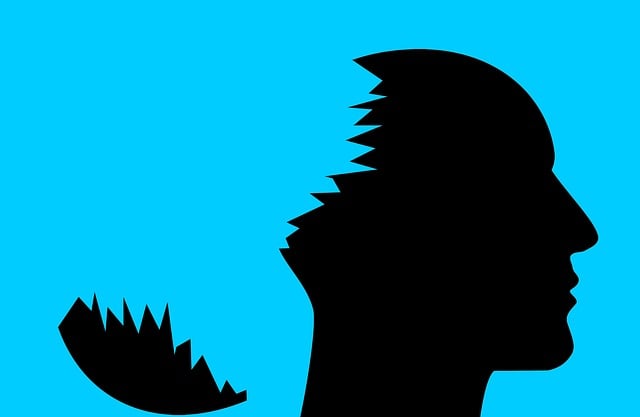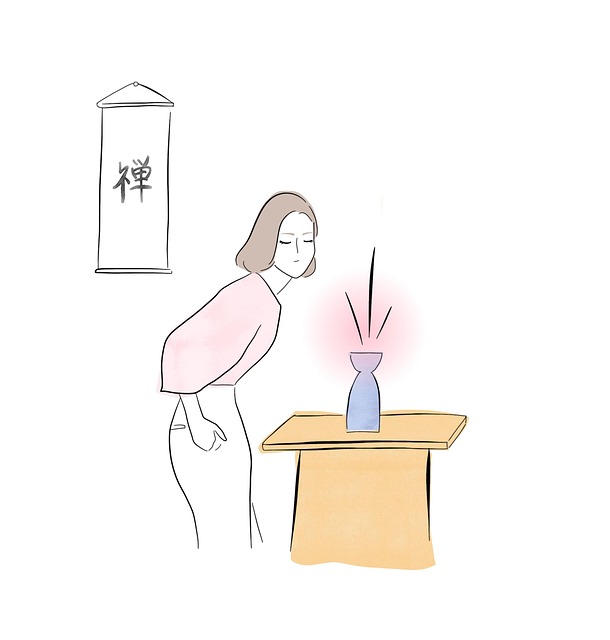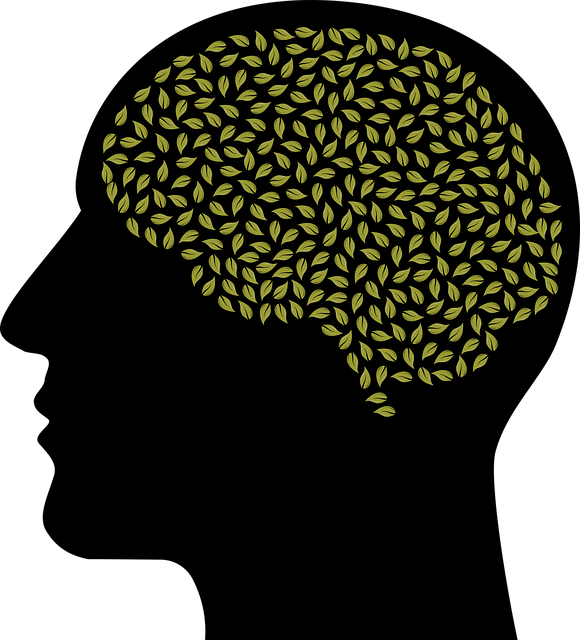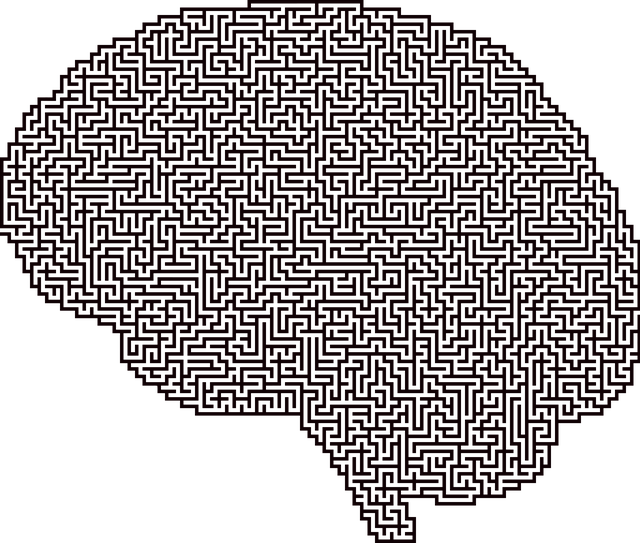Cultural sensitivity in mental healthcare for young children with Oppositional Defiance Disorder (ODD) is crucial. Therapists must respect diverse backgrounds, integrate tailored Conflict Resolution Techniques, and address stigma to build trust and encourage open communication. Considering cultural factors in therapy, behavior management strategies, and self-care techniques aligned with family values ensures effective support, fostering emotional well-being and positive outcomes for children with ODD. Incorporating culturally competent practices promotes inclusivity, gains family trust from diverse backgrounds, and contributes to improved mental wellness and treatment adherence.
Cultural sensitivity is a cornerstone of effective mental healthcare, especially when treating young children with Oppositional Defiance Disorder (ODD). Understanding cultural nuances impacts diagnosis and therapy outcomes. This article explores how cultural factors shape ODD expressions in children, offering practical strategies for therapists to conduct culturally competent sessions. We delve into promoting inclusivity and positive treatment results for young clients presenting with ODD, emphasizing the importance of tailored, sensitive approaches in modern mental healthcare.
- Understanding Cultural Sensitivity in Mental Healthcare
- The Impact of Cultural Factors on Young Children with Oppositional Defiance Disorder (ODD)
- Strategies for Culturally Competent Therapy Sessions
- Promoting Inclusivity and Positive Outcomes in ODD Treatment
Understanding Cultural Sensitivity in Mental Healthcare

Cultural sensitivity in mental healthcare is a critical aspect that cannot be overlooked when providing therapy for young children with Oppositional Defiance Disorder (ODD). It involves recognizing and respecting the cultural background, beliefs, values, and practices of each child and their family. Mental health professionals must understand that what works in one culture might not work in another due to differing perceptions of mental illness and emotional healing processes.
Integrating cultural sensitivity into therapy sessions can foster better engagement and trust between therapists and clients. This approach also helps in tailoring Conflict Resolution Techniques to meet the specific needs of diverse families, thereby enhancing the effectiveness of treatment. Moreover, addressing the Mental Illness Stigma Reduction Efforts within a culturally sensitive framework can create a safer and more supportive environment for children struggling with ODD, encouraging them to openly discuss their feelings and seek necessary assistance.
The Impact of Cultural Factors on Young Children with Oppositional Defiance Disorder (ODD)

Cultural factors play a significant role in shaping the experiences and behaviors of young children diagnosed with Oppositional Defiance Disorder (ODD). In many communities, certain cultural norms and values influence how parents and caregivers respond to defiant or challenging behaviors, which in turn impacts the child’s mental health journey. For instance, some cultures may emphasize direct confrontation as a disciplinary method, while others promote restorative practices that focus on understanding and empathy.
Understanding these cultural nuances is crucial when providing therapy for young children with ODD. Therapists must be sensitive to the family’s cultural background and incorporate practices that align with their values and beliefs. This might involve teaching caregivers evidence-based strategies for managing behavior, while also encouraging them to integrate self-care routines (for better mental health) and compassion cultivation techniques to foster emotional well-being promotion.
Strategies for Culturally Competent Therapy Sessions

In culturally sensitive therapy sessions for young children with Oppositional Defiance Disorder (ODD), therapists must be mindful of the child’s background and family dynamics. This involves actively listening to understand cultural nuances, values, and beliefs that may influence the presentation and expression of ODD symptoms. By incorporating the family’s cultural context into therapy, therapists can tailor coping skills development and emotional healing processes to be more relevant and effective. For instance, using storytelling or play therapy methods familiar to the child within their cultural framework can foster a sense of comfort and engagement, enhancing overall emotional well-being promotion techniques.
The therapist’s ability to adapt their approach based on cultural sensitivity is crucial in building trust and rapport with the family. This might include recognizing and respecting cultural boundaries, understanding language barriers, and acknowledging the influence of community support systems. These strategies not only facilitate open communication but also enable therapists to teach emotional coping skills within a context that makes sense to both child and family. Through such culturally competent practices, therapists can help young children with ODD navigate their emotions more effectively, ultimately contributing to positive emotional healing processes.
Promoting Inclusivity and Positive Outcomes in ODD Treatment

Promoting inclusivity is a cornerstone of effective mental healthcare, especially when addressing conditions like Oppositional Defiant Disorder (ODD) in young children. By ensuring diverse cultural backgrounds and perspectives are represented and understood within therapeutic settings, practitioners can create a more welcoming environment that fosters positive outcomes. This approach is crucial in gaining the trust of families from various ethnic, religious, or socioeconomic groups, who may have unique concerns and expectations regarding treatment.
Incorporating culturally sensitive practices in therapy for young children with ODD involves tailoring interventions to enhance mental wellness, build resilience, and boost confidence. This can include incorporating family members or caregivers into therapy sessions, respecting and understanding cultural beliefs and values, and using therapeutic techniques that resonate with the child’s background. Such personalized approaches not only improve treatment adherence but also empower children and their families, enabling them to navigate challenges with greater ease and cultural integrity.
Cultural sensitivity is a cornerstone of effective therapy for young children with Oppositional Defiance Disorder (ODD), as it ensures that treatment is tailored to the unique needs and experiences of each child. By incorporating strategies that promote cultural competence, mental health professionals can foster inclusivity and positively impact ODD treatment outcomes. Understanding the impact of cultural factors and implementing culturally sensitive practices enables therapists to create a safe, supportive environment where children from diverse backgrounds feel heard, respected, and empowered.
